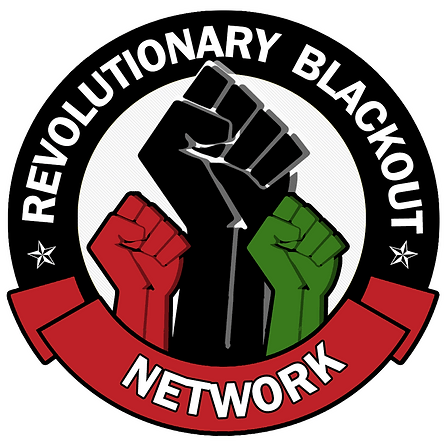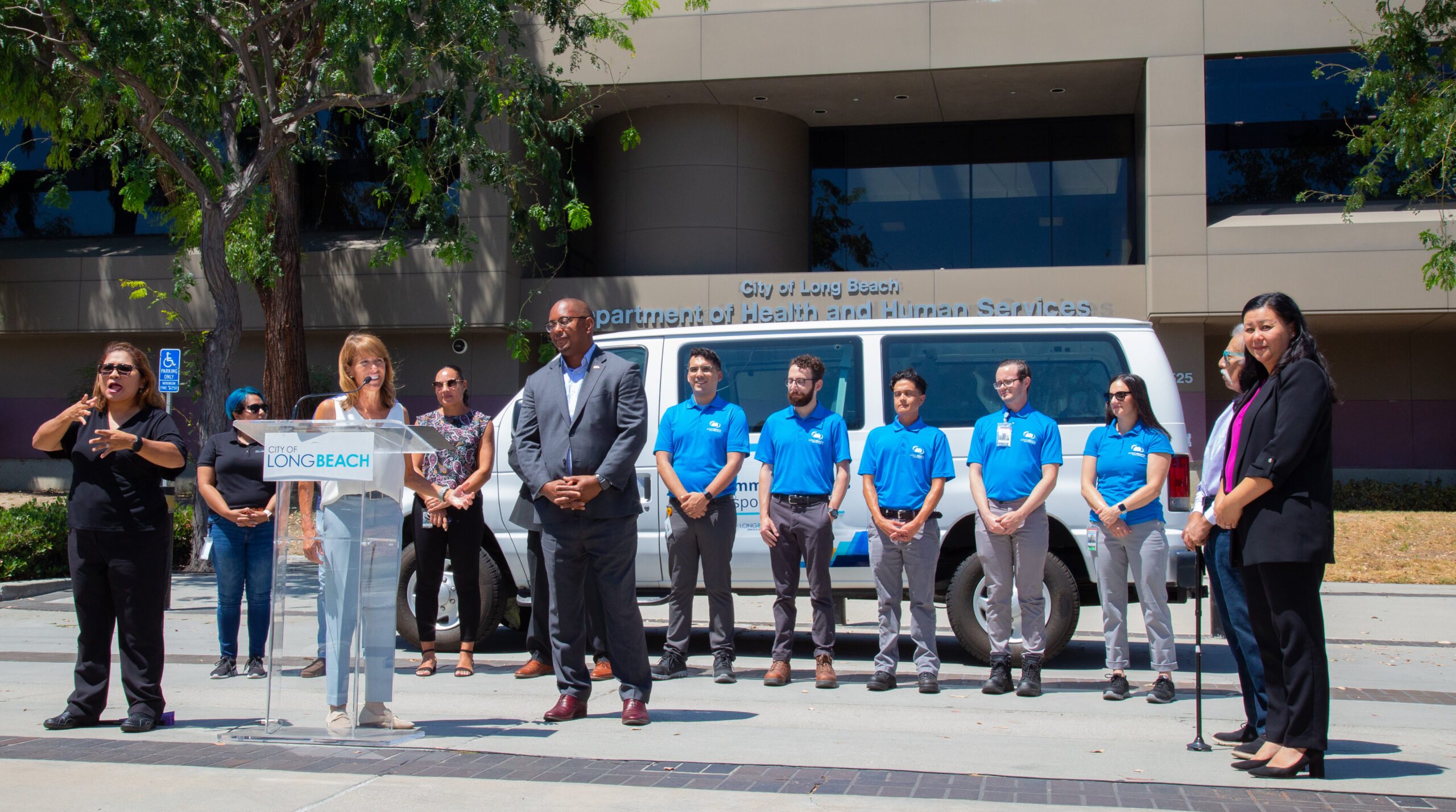The non-law enforcement team has been trained and is well-equipped with “a deep understanding of mental health issues, de-escalation techniques, and trauma-informed care, which better equips them to handle crisis situations with empathy and skill,” Colopy said.
The team is composed of three in-field responders—a crisis intervention specialist, a public health nurse, and a peer navigator—in addition to a program manager and team supervisor who can provide supplemental support and consultation. The team estimates it will be able to respond to three or four calls each day.
Colopy noted that the program is not specifically geared toward people experiencing homelessness, unlike the city’s REACH team, which also includes a public health nurse and a mental health clinician. However, the agencies are “coordinating, and they are talking and they’re doing everything they can to leverage each other’s skill sets as well,” she said.
The team will not operate as a co-response model, meaning that they will not show up with police, Colopy said. However, they will be communicating through dispatch if the needs of the call exceed the response team’s scope of service, and the team can also be requested as an additional resource by responding police or fire units.
City leadership emphasized that the team works in partnership with the police, fire, and public safety departments.



Boston has an emergency mental health response team, but currently they’re only accessed via a different telephone number and don’t link in with 911. They’re considering joint responses from 911 and the B.E.S.T. team
https://northsuffolk.org/services/emergency-services/boston-emergency-services-team/
https://www.wgbh.org/news/local/2023-02-23/cambridge-and-boston-grapple-with-how-to-respond-to-mental-health-911-calls